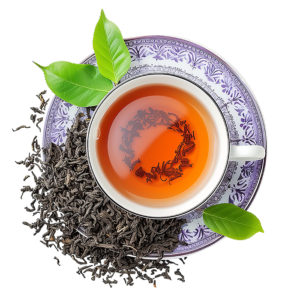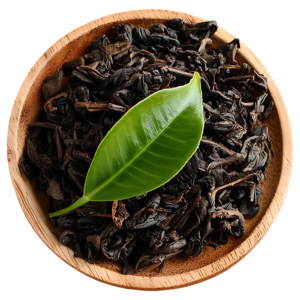TEA ASSOCIATIONS
In 1976 the Sri Lanka Tea Board (SLTB) was inaugurated and appointed as the regulatory Authority for the Tea Industry. The government’s ownership of tea production gave it significant control over the auction process, but the expertise of the CTTA was crucial in ensuring the auctions ran smoothly and effectively. This collaboration between government oversight and industry expertise often helps maintain the quality and competitiveness of the market. Since the privatization of Tea estates in 1990s, the CTTA was revived and participates more actively in the business and industry.
Once in four or five years, the CTTA organizes international Tea conventions, which are well attended by a large number of foreign delegates. The CTTA’s aim is to completely automate the Colombo Tea Auction system with a view to making it more effective and efficient adding to the value chain. They are focused on developing the skills of those in the Tea trade as well. The CTTA is well recognized by the international community. Many Tea professionals visit the Colombo Tea Auction as a priority when they visit Sri Lanka, to personally gain experience and witness the efficient process of the Tea auctions in Sri Lanka.
Mr. Micheal de Zoysa had the unique distinction of having held the office of Chairman of the Colombo Tea Traders’ Association for 14 tenures. Mr. de Zoysa received significant recognition for his contributions to the Colombo Tea Traders’ Association and the tea industry as a whole. Being granted Honorary Life Membership is a prestigious honor, reflecting the high regard in which he is held within the community. His presence as Guest of Honour at the 125th Annual General Meeting underscores his importance and the legacy he has built within the Ceylon Tea industry over the years.
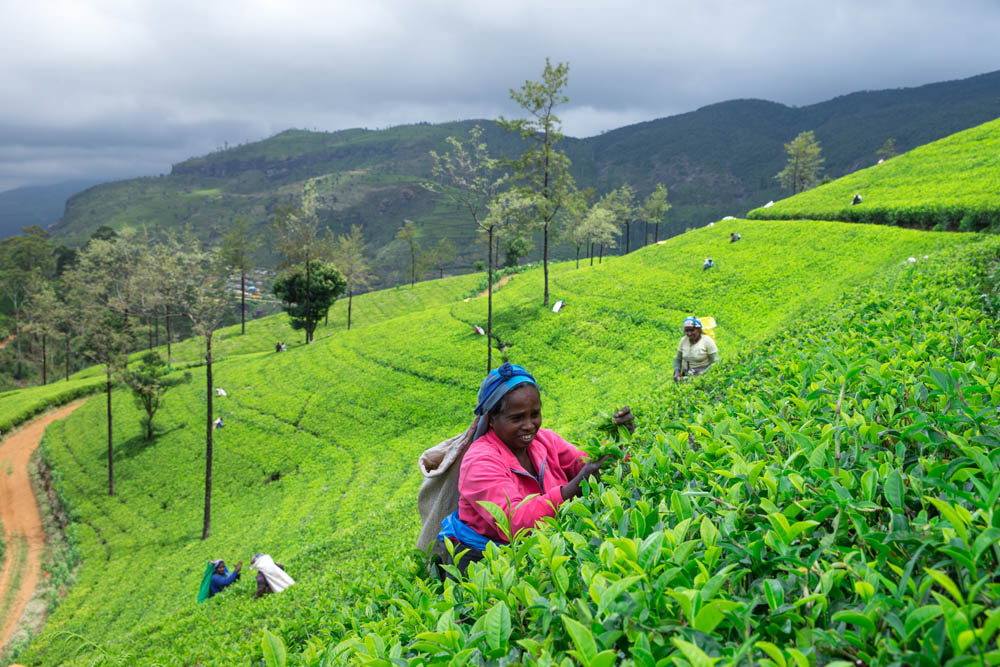
Colombo Tea Traders Association
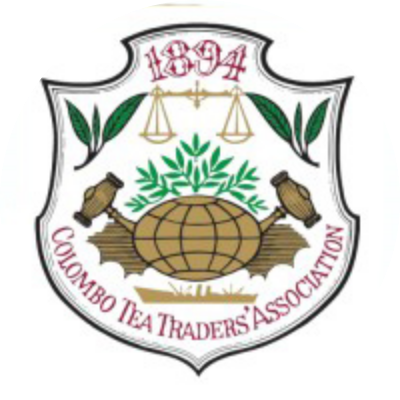
With the purpose of overseeing and managing the business of the Tea trade as well as to regulate the sale of Tea in a more efficient and formal manner, the Ceylon Chamber of Commerce formed the Colombo Tea Traders’ Association (CTTA) in 1894. The CTTA compiled a set of standards to facilitate the sale of tea in a systematic manner.
Tea Exporters Association (T.E.A)

Among the key objectives of the Tea Exporters Association (T.E.A.)
The members of the T.E.A. also actively promote the globally recognized brand of Ceylon Tea,
symbolized by its iconic Lion Logo.
The Tea Exporters Association (T.E.A.) actively formulates Tea Strategy documents to guide
policymakers in addressing future industry challenges. To support its members, T.E.A.
organizes workshops and seminars focused on key industry issues, enhancing their knowledge
and skills.
The association also engages with the Finance Ministry to propose initiatives for inclusion in the
National Budget, advocating for the sector’s interests. Furthermore, T.E.A. addresses concerns
affecting Sri Lankan tea exports in importing countries by collaborating with relevant
government agencies and foreign missions to seek resolutions through negotiation.
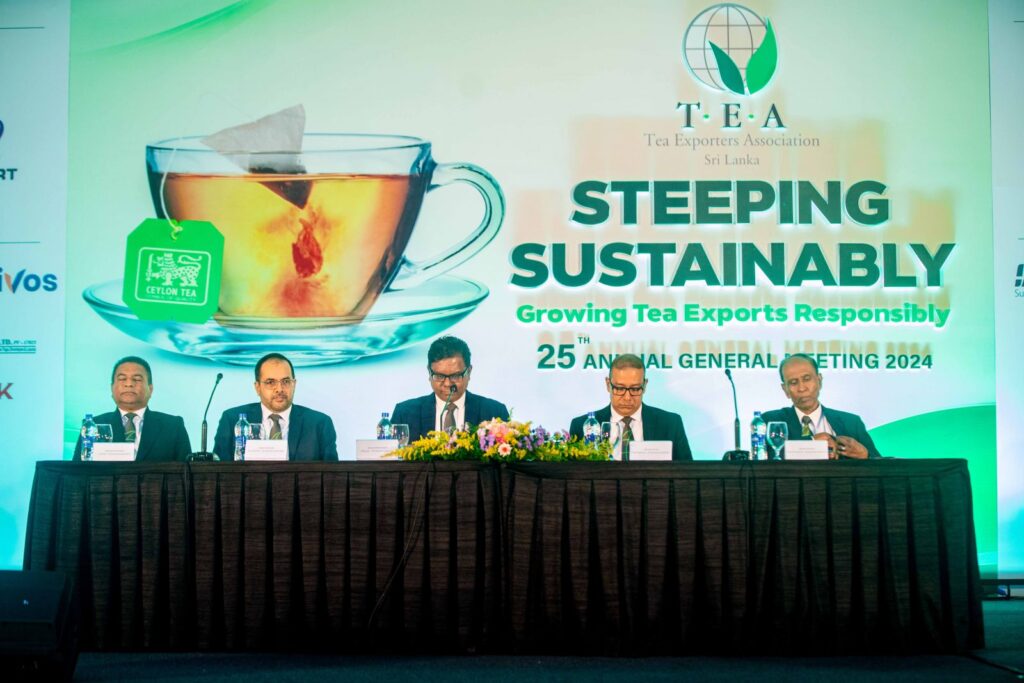
The Planters’ Association of Ceylon

The members of the T.E.A. also actively promote the globally recognized brand of Ceylon Tea,
symbolized by its iconic Lion Logo.
The Tea Exporters Association (T.E.A.) actively formulates Tea Strategy documents to guide
policymakers in addressing future industry challenges. To support its members, T.E.A.
organizes workshops and seminars focused on key industry issues, enhancing their knowledge
and skills.
The association also engages with the Finance Ministry to propose initiatives for inclusion in the
National Budget, advocating for the sector’s interests. Furthermore, T.E.A. addresses concerns
affecting Sri Lankan tea exports in importing countries by collaborating with relevant
government agencies and foreign missions to seek resolutions through negotiation.
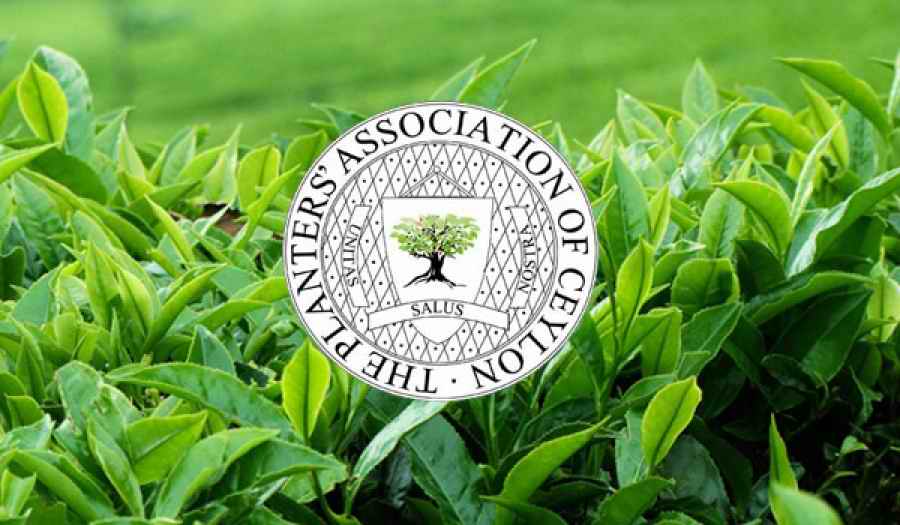
The general objective of the Planters’ Association of Ceylon is to promote, foster, and protect Sri Lanka’s plantation industry, along with the interests of its members and the wider planting community. The association aims to support its members in their activities and dealings, ensuring a strong and sustainable future for the sector.
The plantation industry in Sri Lanka is a key driver of the country’s economy, serving as one of the largest foreign exchange earners. While tea remains the primary plantation crop, marketed globally under the ‘Pure Ceylon Tea’ trademark, the industry also comprises other significant crops such as rubber, coconut, spices, and palm oil. This diverse agricultural sector plays a vital role in sustaining livelihoods and supporting economic growth in Sri Lanka.
Sri Lanka’s plantation industry is the country’s largest employer, providing direct livelihoods to nearly 200,000 people in Regional Plantation Company (RPC) estates alone. This figure does not account for the additional employment generated within the smallholding sector. Overall, the industry supports a resident population of close to one million people living in RPC estates, offering essential facilities such as housing and other vital services. This significant workforce underscores the industry’s importance to the national economy and local communities.

The Ceylon Tea Brokers Association (CTBA)

Legacy and Leadership in Tea Broking
CTBA has made remarkable strides in the tea industry over the years. By being the first to list as an independent entity on the Colombo Stock Exchange, CTBA distinguished itself as not just a market player, but a leading force that has driven innovation and modernized the way Sri Lankan tea is brokered and marketed. The association has consistently upheld the high standards of excellence that have become synonymous with Ceylon tea globally.
Specialization in Premium Quality Tea
At the core of CTBA’s operations is its expertise in broking and marketing high-quality tea. The company is known for sourcing only the finest quality tea from diverse regions of Sri Lanka, each contributing unique characteristics that define the range of flavors and qualities that distinguish Ceylon tea. These regions and elevations include:
Uva High
Uva Medium
Western
High Western Medium
Low Grown
Global Reach and Market Impact
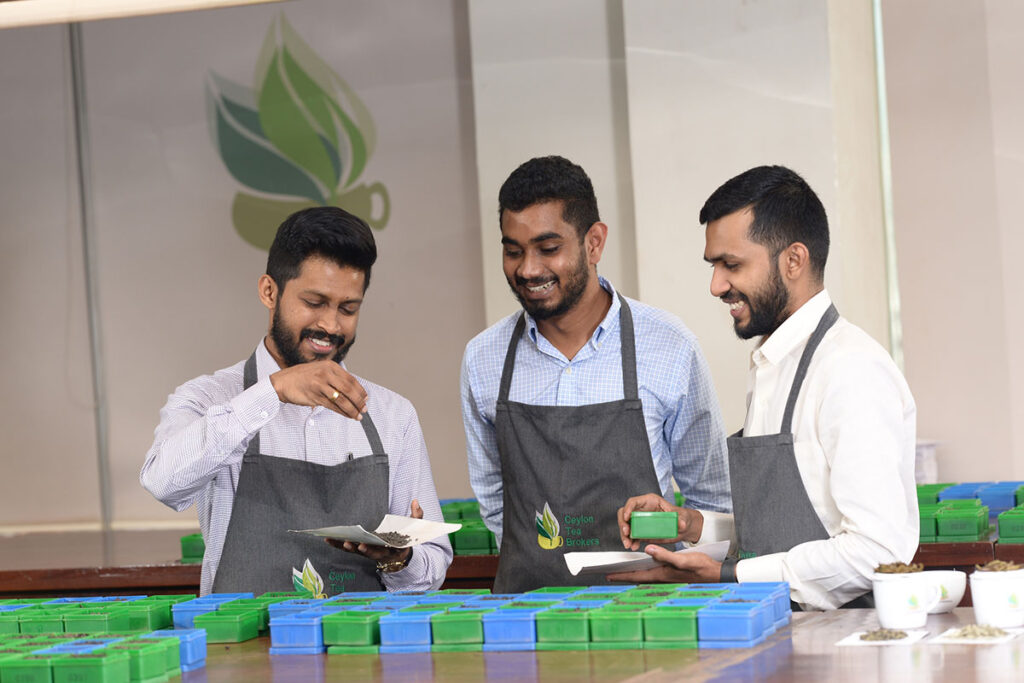
Communication Policy: Shareholders and Investors
At the heart of the Ceylon Tea Brokers Association (CTBA) lies a commitment to fostering transparent and effective communication with shareholders and investors. The company recognizes that clear, timely, and accessible information is crucial to building trust and maintaining strong relationships with its stakeholders.
Electronic Communications for Timely Updates
In line with the company’s commitment to timely and efficient communication, CTBA emphasizes the use of electronic communication channels. These methods allow for quicker dissemination of critical information, providing shareholders and investors with real-time access to the latest updates. The use of electronic platforms—such as email, official websites, and other digital mediums—ensures that stakeholders have convenient access to relevant information, thereby improving overall transparency.
Through its policy, CTBA strives to enhance accessibility, allowing investors and shareholders to easily access crucial information on the company’s performance, financial reports, announcements, and other important developments. This commitment not only boosts investor confidence but also promotes a more informed and engaged shareholder base.
With over six decades of experience, the Ceylon Tea Brokers Association continues to be at the forefront of Sri Lanka’s tea industry. Through its pioneering work in tea broking and its dedication to promoting the finest teas from Sri Lanka’s diverse regions, CTBA has cemented its legacy as a leader in the global tea trade. Their specialized knowledge, combined with a strong commitment to quality and sustainability, ensures that the finest Ceylon tea continues to thrive on the world stage, delighting tea lovers everywhere.

Ceylon Artisanal Tea Association
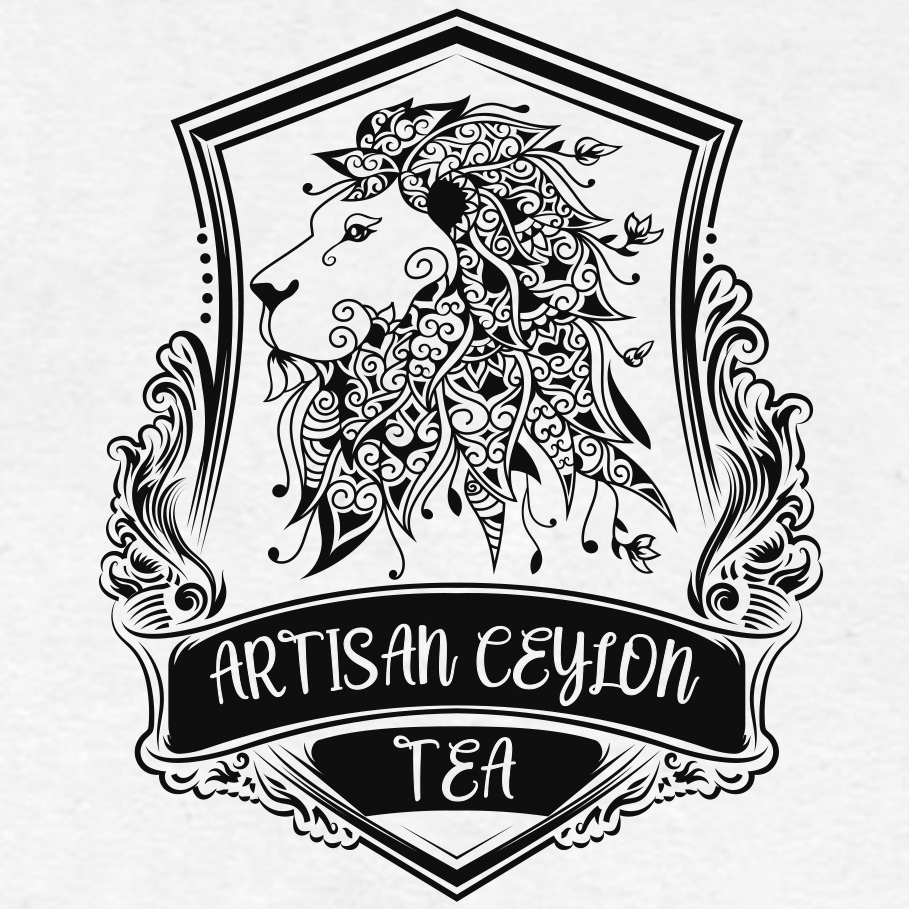
The Ceylon Artisanal Tea Association (CATA) producers of organic hand made teas was established by the seven tea gardens in Sri Lanka’s Kandy, Ruhunu, Sabaragamuwa, and Uva regions to enhance the traditional tea experience by showcasing the distinct flavors of different regions, the craftsmanship of skilled tea makers, and a strong dedication to ethical practices.
This association is dedicated to uplifting tea farming communities, promoting environmental sustainability, and offering exceptional quality artisanal teas. Among their key values are sustainability, empowerment, quality and inclusivity.
CATA fosters collaboration among artisanal tea producers, facilitating the sharing of information, addressing common challenges, and enabling collective marketing efforts.
Amber Estate, Ebony Springs, Kaley Teas, Forest Hill Tea and Monkey tail Tea Garden & Park Estate Lunugala are key Members of the CATA.
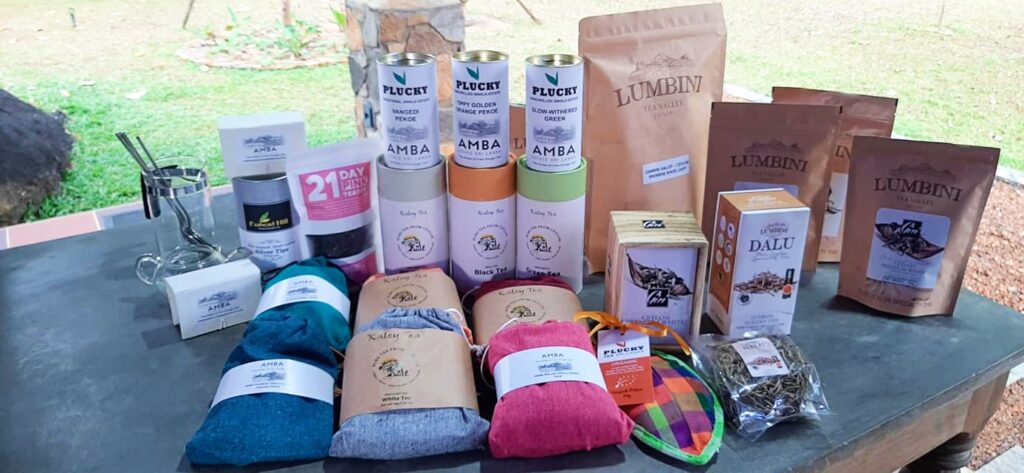

Artisanal tea products include a diverse range of unique, carefully crafted teas, each offering distinct flavors and qualities. These include:
- Black Teas: Bold and robust, often handcrafted with an emphasis on quality leaves and precise processing.
- Green Teas: Light and refreshing, minimally processed to preserve fresh, grassy flavors.
- Oolong Teas: Partially oxidized, offering a range of flavors from floral and light to creamy and toasty.
- White Teas: The least processed, featuring delicate, subtle flavors from gently plucked leaves.
- Tea Flower Teas: Unique blends that include tea leaves and flowers, often hand-shaped and visually appealing.
- Hand-Shaped Teas: Carefully hand-rolled into various shapes, allowing for optimal flavor extraction.
- Spiced Teas: Blended with aromatic spices like cinnamon, cardamom, and ginger for a complex, warming flavor.
- Fruit Teas: Blends of dried fruits and herbs, offering a naturally sweet, caffeine-free alternative.
Artisanal teas prioritize sustainable farming, high-quality organic ingredients, and small-batch production, ensuring exceptional flavor and supporting local communities and environmental stewardship. Each type provides a unique and authentic tea experience.
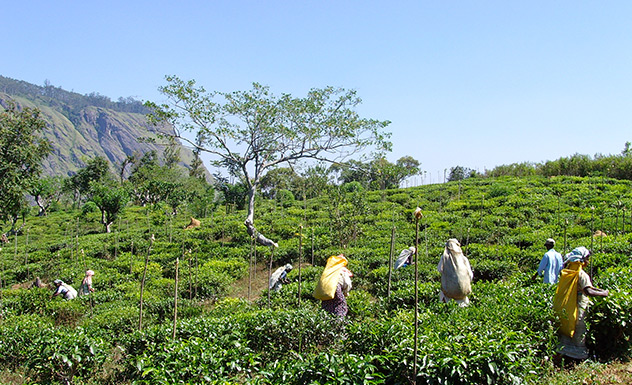
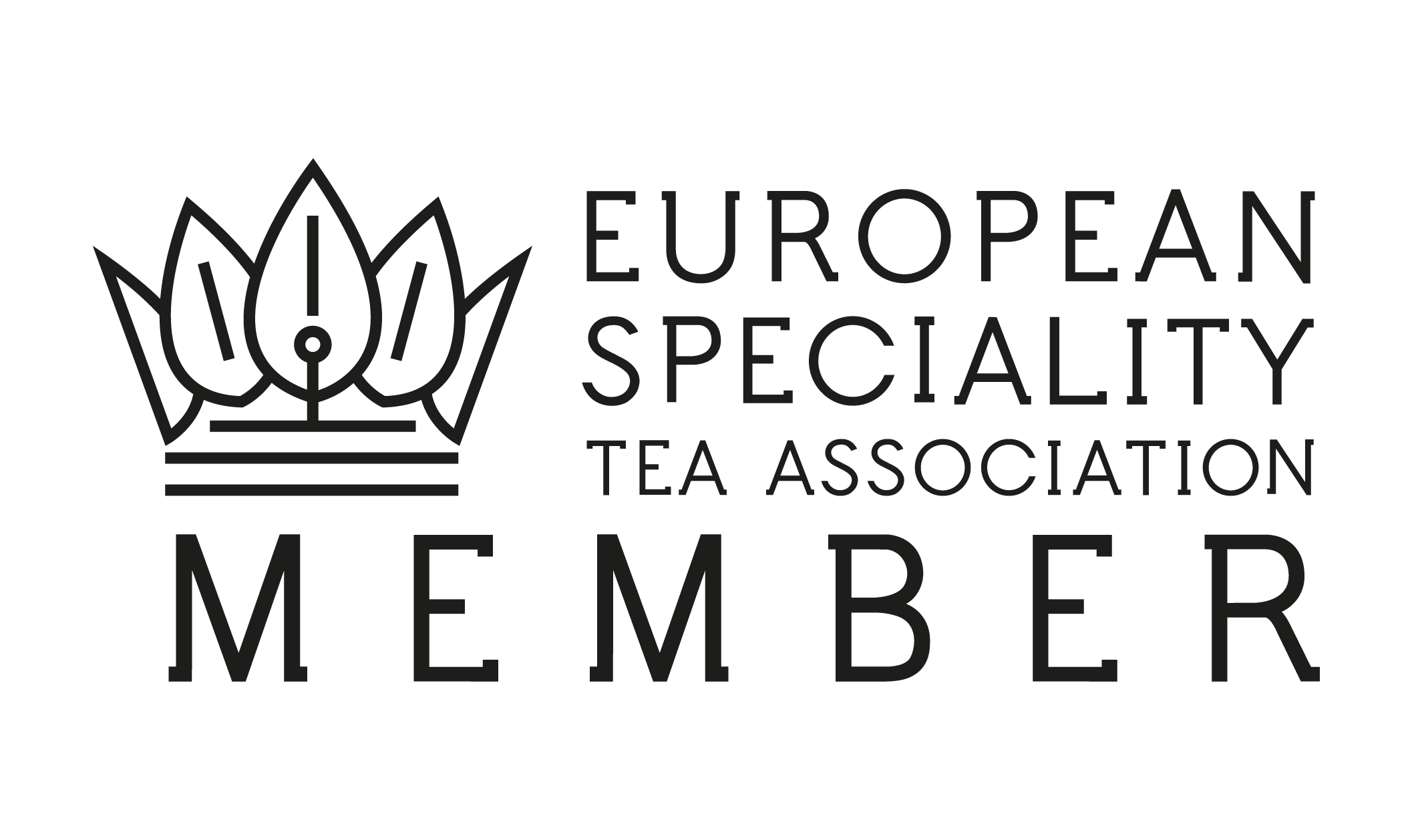
Blending Sri Lanka’s Tea Heritage with
Europe’s Speciality Tea Excellence
Ceylon Tea Market is proud to be a member of the European Speciality Tea Association (ESTA), strengthening ties between Sri Lanka’s tea legacy and Europe’s Speciality tea community, while continuing its commitment to excellence and innovation.
